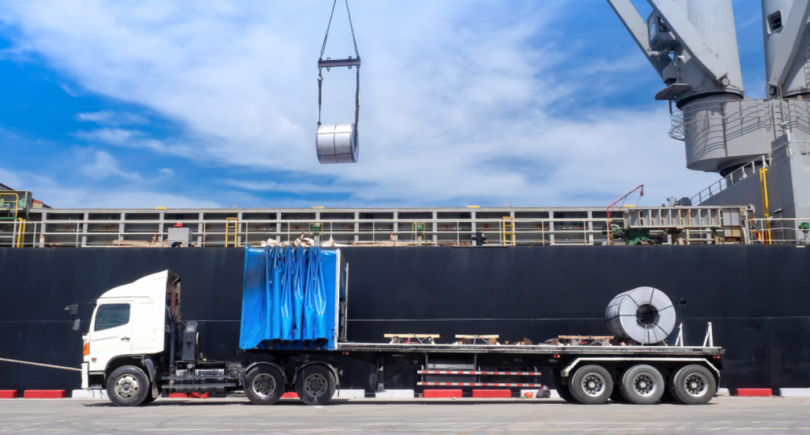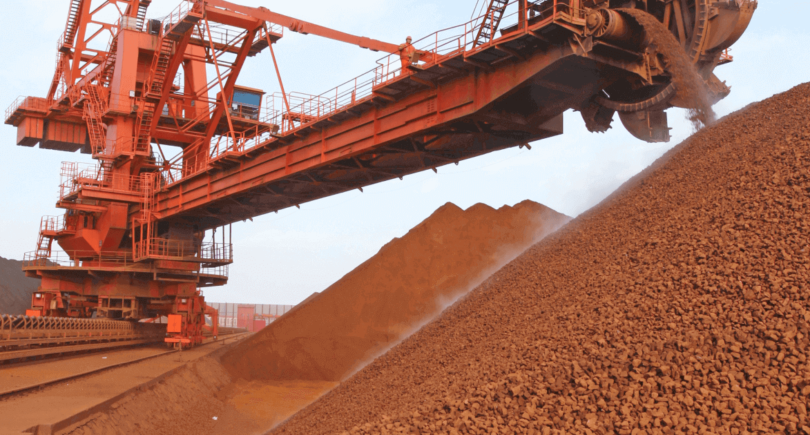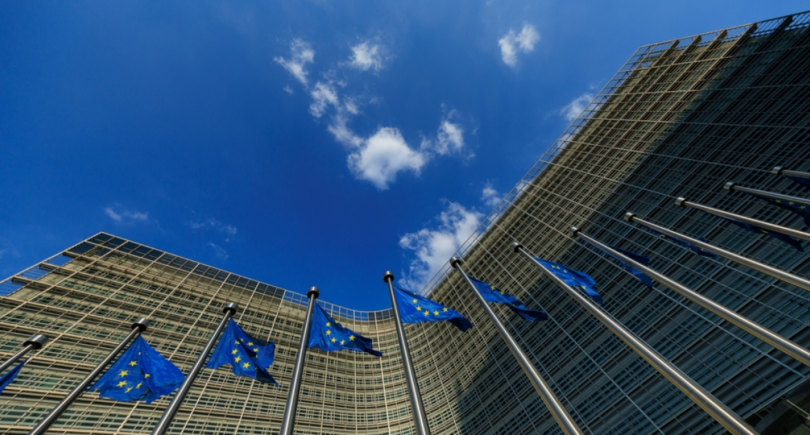
News Global Market sanctions 1228 27 June 2023
Most of the Turkish HRC producers rely on slabs of Russian origin
A new round of EU sanctions against the Russian Federation may affect Turkish steelmakers, informs SteelOrbis.
The European Union within the framework of the 11th package of sanctions against the Russian Federation tightened restrictions for the import of steel goods to the block. Companies supplying EU countries with steel products subject to sanctions will have to provide additional evidence that the raw materials used for processing in a third country were not supplied from the Russian Federation
Most of the Turkish producers of hot-rolled coil rely on slabs of Russian origin. In January-April 2023, Turkiye imported 842,000 tons of this product, 64% of the total volume went to the Russian Federation. At the same time, the total volume of Turkish HRC exports in this period amounted to 324,000 tons, more than half of which went to the European market. According to one of the traders, Turkish producers should now be more careful and business will become less flexible.
The situation is similar in the billets sector. In January-April 2023, Turkiye imported about 1.4 million tons of this product, 43% of the total volume is accounted for by the Russian Federation. The new sanctions are expected to affect smaller Turkish billet processors. However, the export of Turkish rolled products to Europe has been at a minimal level for some time, so the risks for them will not be so significant.
According to S&P Global, it is quite possible that some Turkish mills will redirect steel exports containing raw materials of Russian origin to markets outside the EU. Instead, European buyers will be supplied with products originating from Turiye or other countries, including Southeast Asia or North Africa, according to Turkish sources.
However, the complete elimination of Russian raw materials and their replacement with an alternative to maintain the same level of exports to the EU may not be possible due to the volume of Russian steel supplied to the country and its competitiveness for Turkish buyers compared to other sources. This is especially relevant for the Turkish import of billets and slabs, where the share of the Russian Federation is much larger than that of finished products. In 2022, the import of Russian steel semi-finished products to Turkiye reached a record level of 3.2 million tons, 1 million tons more than in the previous year.
As for the general situation, another country that may reduce the export of Russian slabs in the future is Taiwan, which exports to Europe a little less than 1 million tons of hot-rolled coil per year. In addition, it is not yet clear whether the new round of European sanctions will affect the control of the origin of raw materials such as pig iron and coking coal. Many market players believe that this segment may also suffer. In that case, it will also affect India. The main supplier of coking coal for the country remains Australia, but recently the share of Russian raw materials has been increasing. At the same time, the export of HRC to the European market is crucial for Indian steelmakers.
As GMK Center reported earlier, Turkiye in the first quarter of 2023, imported almost 959,000 tons of billets, increasing its consumption by 2.2 times in annual terms. In March 2023, the volume of billets imported into the country amounted to 376.15 thousand tons, which is 4 times more in annual terms. Turkish rolling companies preferred foreign products to local products due to more attractive prices. The main supplier of semi-finished products to the country remained the Russian Federation.




